So after sending Joshua Rogers, the writer/director of Pickup, a message on Instagram I was happy to receive a response from him.I am so elated that Joshua was able to take time out of his busy schedule, promotion of the short film and fundraising to talk with ThePozLife. I have stated my frustration with the fact that we do not tend to see many movies out there depicting the HIV experience in this new era of the virus; therefore, this movie naturally excites me. Check out my interview below and remember to head over and donate toward the cause of seeing a movie surrounding gay characters that are HIV-positive and portraying that experience comes to fruition
What was the thought behind doing a movie that was focused on HIV?
Joshua Rogers – I’m always looking for unique stories that haven’t been told before. I started writing this particular one, about a gay man telling a potential partner that he’s HIV-positive for the first time, when a friend came out to me as positive and I realized that I’d never seen that on film before. I never saw it as a coming out story. The more we talked about his fears and struggles, the more I understood how interesting his story was and how important it is that it’s told. Just to clarify, this is not my friend’s story, but he loves the script and I have his full support.
Are any of the actors HIV positive?
Joshua Rogers – Two of the three major roles have been cast, and I honestly don’t know if they’re positive or negative. All I know is that they embody these characters brilliantly and both are extremely passionate about the project.
There is a severe lack of focus on HIV in a positive light within film. How is your film and its cast helping to address HIV and have much needed dialogue?
Joshua Rogers – The purpose of this film is to start a dialogue. I want people to relate to the characters and situations and walk away thinking about what they just saw, talking about it with their friends. I agree that there is a severe lack of focus on HIV in a positive light within film and we want our movie to put a stop to that. We want to reach the widest audience possible so everyone can see a realistic, honest, and heartfelt portrayal of an HIV-positive person who’s happy, healthy, and looking for love, just like everyone else. This is our positive love story.
Why is donating to your film important?
Joshua Rogers – In order to reach the widest audience possible, we need to make the best movie possible. A film that looks and feels like something everyone will want to see. It’s difficult to get this kind of film made in Hollywood, which is why we choose to raise the funds on Kickstarter. We knew it was a film people would want to see made. This way we can make sure from beginning to end, that the story is authentic and true to the subject matter.
What was the biggest challenge with the film?
Joshua Rogers – Raising the money is the biggest challenge so far. We’re filmmakers who know how to make a great film, but haven’t had to raise money ourselves before. We’ve all been working really hard to get the word out (the last day to donate is December 16, 11am PST) and we’re all proud of what we’ve accomplished so far and learned so much about fundraising.
What will the audience take away from Pick up?
Joshua Rogers – They’ll be taken on a journey few have been on before. They will be introduced to a character and a situation only a few have ever experienced. Hopefully they will come out of it with a little more empathy, a little more understanding, and maybe it will be a step towards stopping the stigma associated with HIV.
Is there anything you would like to mention or say?
Joshua Rogers – The reception so far to the script and to the kickstarter campaign has been incredibly humbling and encouraging. I’ve had the unique pleasure of hearing some really amazing stories from HIV-positive people from all over the world who want this film made. Thank you to everyone who’s donated so far and everyone who will continue to help us reach the goal! And thank you to everyone that’s reached out, offered their help, told us their story, and reminded us of why we started this project.
Also, I learned by reading a recent post by Josh Robbins from ImStillJosh.com (Friend to ThePozLife) that in early 2015 auditions for a third important role will be taking place out in Los Angeles. So for those actors preparing their dialogues and stage presence good luck and may the odds be forever in your favor.
For more information on Pick Up check out their Kickstarter Campaign
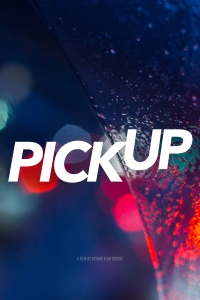
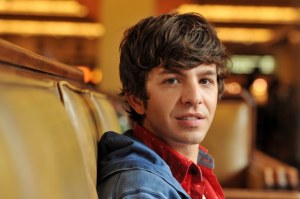
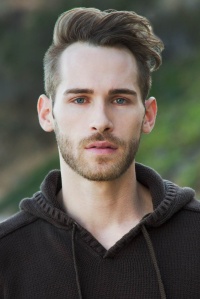
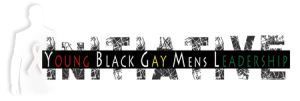


 “As I continue to grow, I realize the impact of change that takes place when I speak up…”
“As I continue to grow, I realize the impact of change that takes place when I speak up…” advocates were in attendance to outline the current state of the HIV/AIDS epidemic in the South and identify solutions for reducing the impact of HIV in this region of the United States. According to the
advocates were in attendance to outline the current state of the HIV/AIDS epidemic in the South and identify solutions for reducing the impact of HIV in this region of the United States. According to the 
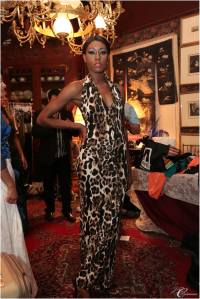
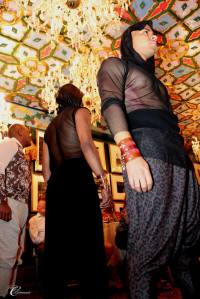
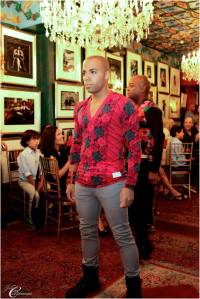











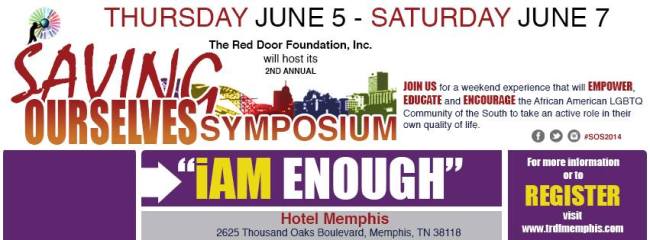
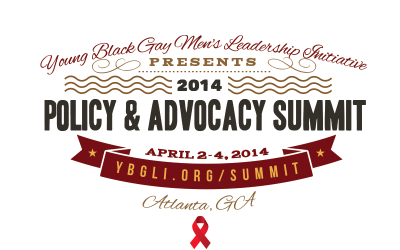

 of the Office of National AIDS Policy (ONAP).
of the Office of National AIDS Policy (ONAP). we felt like our voices were unheard. This can seem very frustrating at jobs or ASOs where our advice or knowledge isn’t used; we continue to be disenfranchised; we deal with disrespect or ignorance from Cisgender white men (even gay) who do not truly understand the struggles and barriers of being a young Black Man who loves Men. These men still face a huge war within our own communities, to include mainstream society. His words really were soothing and helped to bury anger and resentment I had from some of those situations. In the end, I truly hope that this summit continues and wish that many more could take place across the country. If we can get more YBMSMs to go through a program like this, our community would see an increase in advocacy, activism, enlightenment, and progression toward more solidarity.
we felt like our voices were unheard. This can seem very frustrating at jobs or ASOs where our advice or knowledge isn’t used; we continue to be disenfranchised; we deal with disrespect or ignorance from Cisgender white men (even gay) who do not truly understand the struggles and barriers of being a young Black Man who loves Men. These men still face a huge war within our own communities, to include mainstream society. His words really were soothing and helped to bury anger and resentment I had from some of those situations. In the end, I truly hope that this summit continues and wish that many more could take place across the country. If we can get more YBMSMs to go through a program like this, our community would see an increase in advocacy, activism, enlightenment, and progression toward more solidarity.